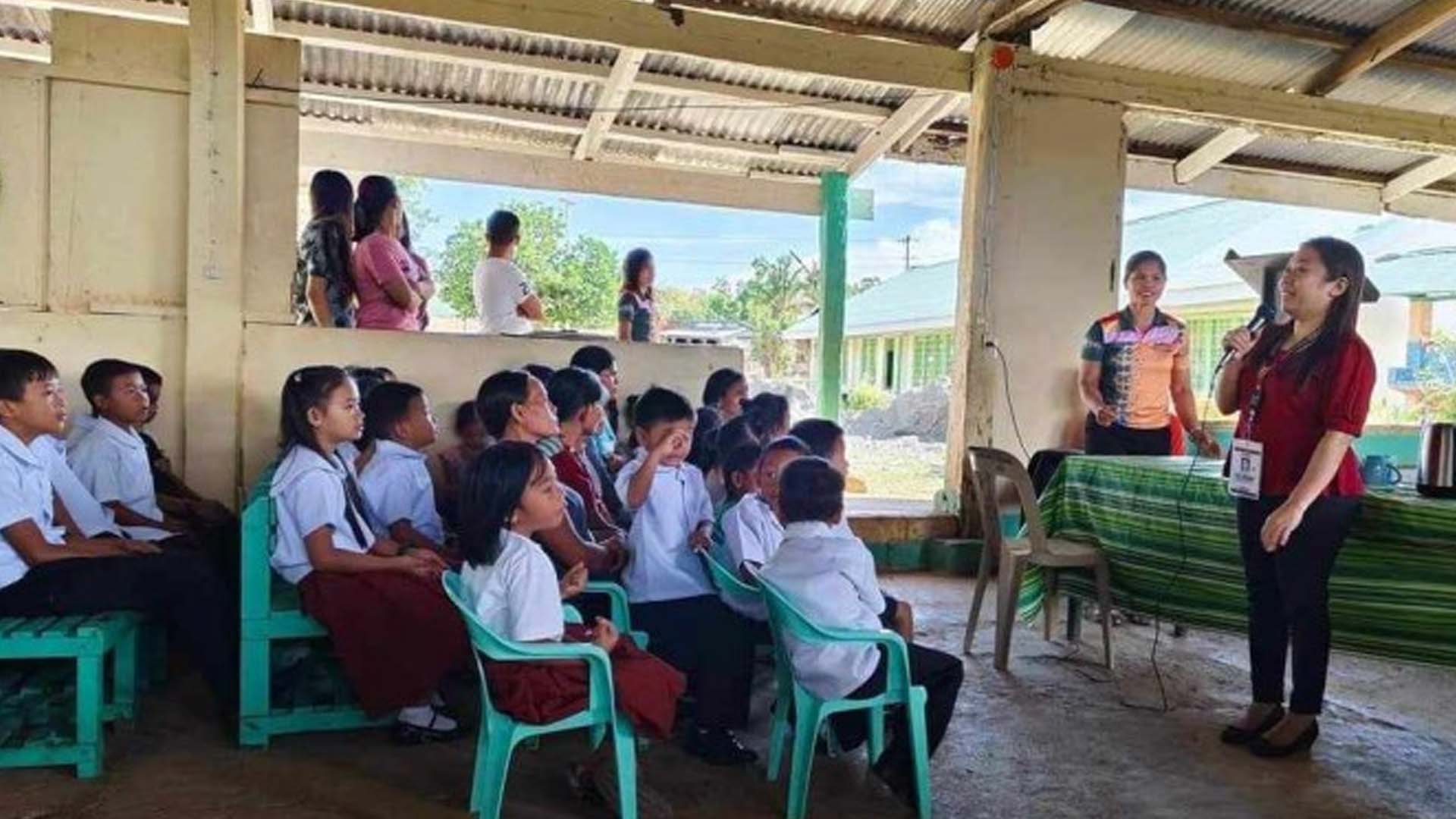Close to nine million children aged 0 to 18 are being supported by the Department of Social Welfare and Development’s (DSWD) Pantawid Pamilyang Pilipino Program (4Ps) by providing cash grants to help them attend school and keep them healthy.
“This is the primary objective of the program – to keep the children healthy so that they can go to school and eventually get a fighting chance to break the intergenerational cycle of poverty in their families,” Assistant Secretary Irene Dumlao said Wednesday in a news release.
The DSWD spokesperson said the program is “on the right track” in meeting this objective, as 4Ps was able to help 1,013,769 monitored youth to graduate from high school, and 476,289 monitored 4Ps children to complete the elementary level, as of December 2024.
Meanwhile, close to 40,000 former 4Ps beneficiaries also became board passers with 65 of them topping various licensure examinations.
Dumlao noted that 4Ps has more than four million active households in 2024, with the largest number coming from the Bicol Region having 377,147 household members.
“4Ps also continues to remain inclusive with members of the vulnerable sectors such as senior citizens, solo parents, indigenous peoples, persons with disabilities (PWDs) being among the program beneficiaries,” she said.
As of December 2024, a total of 1,223,183 senior citizens, 284,800 solo parents, 269,747 indigenous peoples, and 50,200 PWDs were among the 4Ps beneficiaries receiving the cash grants to help them send their eligible children to school.
The 4Ps operates across all 18 regions in the country, including the Bangsamoro Autonomous Region in Muslim Mindanao (BARMM).
“Despite logistical challenges in the BARMM, the 4Ps continues to serve 230,463 active households in the region,” Dumlao said.
“It is also interesting to share that as of December 2024, 86 percent of the total 4.4 million registered grantees were female while 13.98 percent were male,” she added.
Launched in 2008 and institutionalized by Republic Act 11310 in 2019, the 4Ps is the national poverty reduction strategy and human capital investment program that provides conditional cash transfer to poor households for a maximum period of seven years to improve their children’s health, nutrition and education. (PNA)







